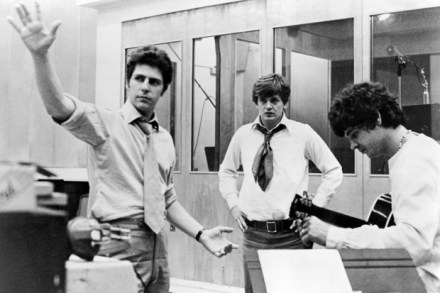Letters | 26 October 2017
Meeting halfway Sir: If our Brexit negotiator David Davis has not read Robert Tombs’s wonderful article ‘Lost in translation’ (21 October) on how different the French and the British can be when it comes to the negotiating table, he really should, as it splendidly exemplifies how useful history can be. The trouble is, of course, that politicians are often too busy to read history, or that historians get round to writing something useful too late to exert practical influence. In this instance, however, there is still time: manufactured deadlines can be adjusted, and (given adequate cross-cultural empathy) accommodations can be reached. Brian Harrison Oxford The law in France Sir: Robert











